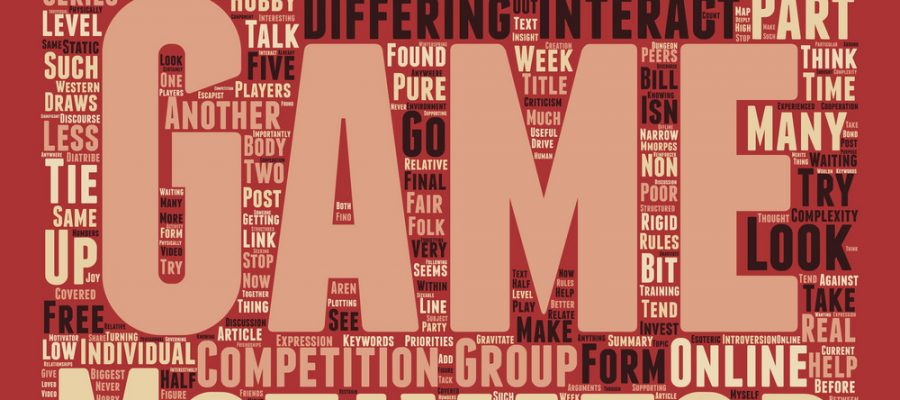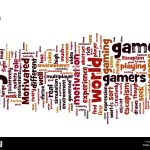Content Table:
Why We Play Games, Part 3
Introduction
In part 2 of this series, we explored two significant motivators for gamers: Creative Expression and Escapism. We also discussed Challenge and Competition. This week, we turn our attention to Socialization, an important aspect of gaming that ties many of these elements together.
Social interaction is a subject on which gamers often receive criticism from non-gaming peers. This criticism can stem from misunderstandings, such as mistaking differing priorities for introversion. For example, discussing the advantages of grinding in the Western Plaguelands versus Winterspring might seem trivial to outsiders, but it holds great importance for those engaged in the game.
However, there is some merit to these critiques. Many gamers can come off as socially awkward, partly due to the rigid rules governing interactions within gaming environments. These structured interactions can hinder real-world social skills development. Yet, for some, the social aspect of gaming serves as a primary motivator.
Social activity in gaming occurs on multiple levels:
- Reinforcement of Existing Social Groups: Gaming often acts as a catalyst for friends to gather, whether playing a board game or engaging in a multiplayer video game.
- Online Multiplayer Games: In MMORPGs, players unite based on shared interests, leading to friendships forged through collaboration and competition. Anyone who has stayed up late to assist a guild or respond to a friend knows the power of these connections.
These online friendships can be just as meaningful as offline relationships, even though they may manifest differently. The interactions in games are often structured, which means players may only see parts of each other’s personalities.
Some gamers thrive on social interactions and prefer games that emphasize community. For them, the more social complexity a game offers, the more appealing it becomes. Interestingly, many games with rich social features also involve significant mathematical or strategic elements, which may deter those who are primarily socially motivated.
For social gamers, the ideal experience blurs the lines between gaming and social environments. They are seeking meaningful connections through gameplay, which can often lead to deeper relationships than those formed through more traditional, face-to-face interactions.
Identifying Individual Motivations
Challenge, Competition, Creation, Escape, and Socialization’these five motivators combine to shape the gaming experience for each individual. While we could delve into a deeper analysis and categorize gamers based on these motivations, a more productive approach may be to focus on personal motivation.
Understanding what drives you can help determine the types of games you should engage with and which ones may lead to frustration. For instance, conflicts often arise in online games when party members have different motivations. A player driven by creativity may not enjoy the same activities as a competitive player, and an escapist may view a game world as a sanctuary while a competitive gamer sees it as a challenge to conquer.
The Path Forward
Recognizing and understanding our motivations allows for better interactions among gamers and can enhance the joy derived from gaming. By appreciating the diverse reasons why people play games, we can foster a more inclusive and enjoyable gaming environment for everyone.
Conclusion
In conclusion, understanding the various motivations behind gaming, particularly socialization, is crucial for both gamers and those who interact with them. Whether you are playing to escape, compete, or socialize, acknowledging these motivations can enrich your gaming experience and help you connect with others more meaningfully.



